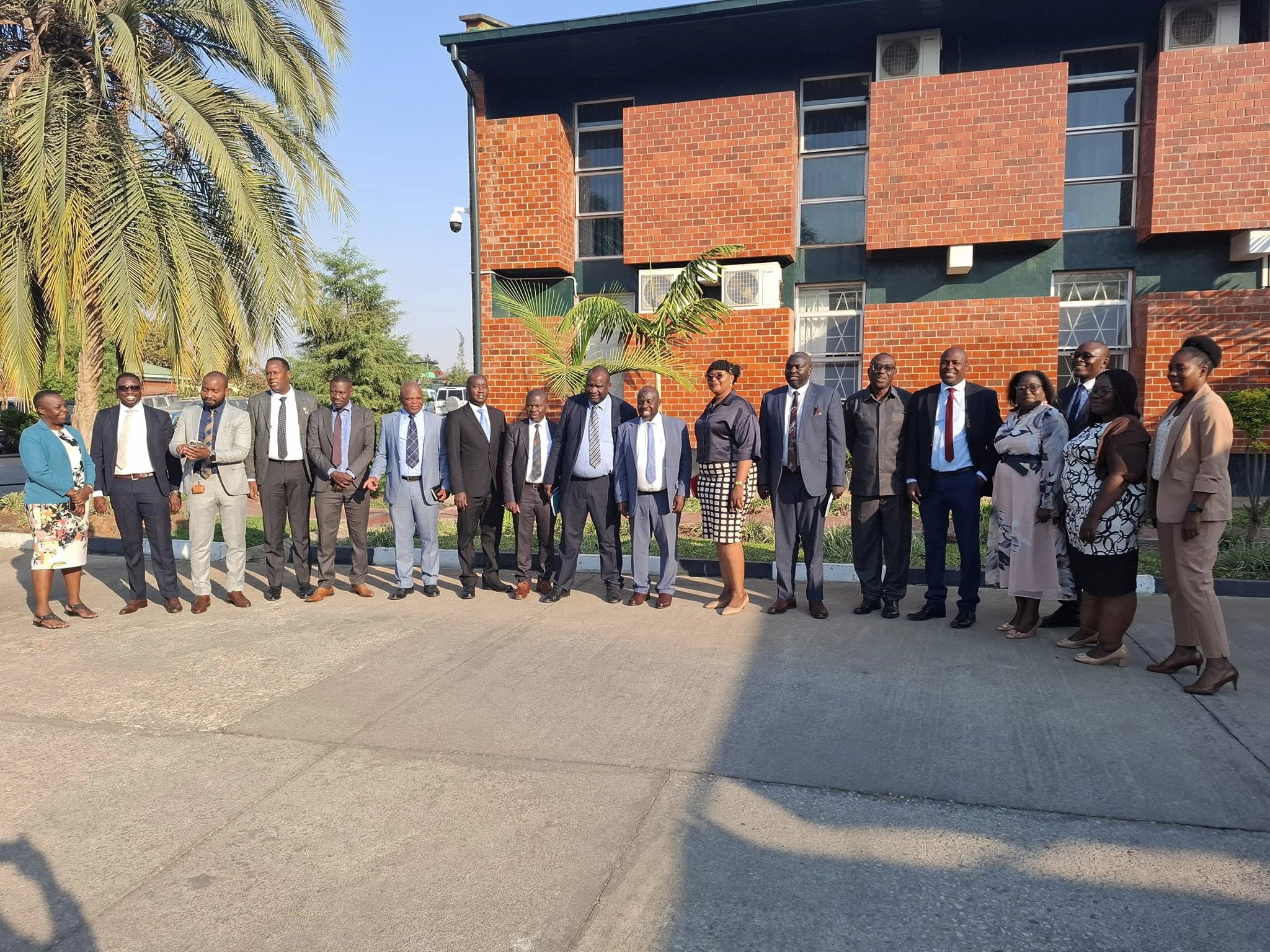- Call on : (+260) 211 252611
- Open Hours : Mon-Fri 08:00 - 17:00
About Us
Establishment and Mandate of the Office of the Auditor General
Article 249(1) of the Constitution of Zambia (Amendment) Act No. 2 of 2016
The Office of the Auditor General is established by Article 249(1) of the Constitution of Zambia (Amendment) Act No. 2 of 2016 which states that “there shall be an Auditor General who shall be appointed by the President on the recommendation of the State Audit Commission, subject to ratification by the National Assembly”.

Integrity
Putting the obligations of Office of the Auditor General (OAG) above one’s personal interests, and conducting oneself in a manner that is beyond reproach....
Objectivity
The state or quality of being true even outside a subject‘s individual biases, interpretations, feelings, and imaginings.
Excellence
Commitment to being the best and/or delivering the best service.
Professionalism
Exhibiting competence, skills, good judgement, conduct and behaviour..
Confidentiality
Being trustworthy by not revealing or disclosing privileged information to unauthorised persons.
Team Work
Willing to cooperate and effectively contribute and participate as part of the team
Mission
“To provide timely quality audit services to promote transparency and accountability in the management of public resources.”
Vision
“An independent and credible audit institution promoting transparency and accountability in the management of public resources for the well-being of the citizenry.”
Our Core Values
Putting the obligations of Office of the Auditor General (OAG) above one’s personal interests, and conducting oneself in a manner that is beyond reproach....
The state or quality of being true even outside a subject‘s individual biases, interpretations, feelings, and imaginings.
Commitment to being the best and/or delivering the best service.
Exhibiting competence, skills, good judgement, conduct and behaviour..
Being trustworthy by not revealing or disclosing privileged information to unauthorised persons.
Willing to cooperate and effectively contribute and participate as part of the team
The mandate or functions of the Auditor General are stipulated in Article 250(1) of the Constitution of Zambia (Amendment) Act No. 2 of 2016 as follows:
- Audit the accounts of state organs, state institutions, provincial administration and local authorities and institutions financed from public funds;
- Audit the accounts that relate to the stocks, shares and stores of the Government;
- Conduct financial and value for money audits, including forensic audits and any other type of audit, in respect of a project that involves the use of public funds;
- Carry out special, environmental, procurement and contract audits or reviews of the state organs, state institutions and private institutions;
- Ascertain that money appropriated by Parliament or raised by the Government and disbursed has been applied for the purpose for which it was appropriated or raised; was expended in conformity with the authority that governs it; and was expended economically, efficiently and effectively; and
- Recommend to the Director of Public Prosecutions or law enforcement agency any matter within the competence of the Auditor General that may require to be prosecuted.
Article 73(1) of the Public Finance Management Act No. 1 of 2018 states that “the Auditor General and an officer holder, agent or specialist consultant authorized by the Auditor General, shall in the performance of duties under the Constitution, the Public Audit Act No. 29 of 2016 or any other law –
- have access to all the books, records, returns, reports, other documents and financial management systems, in electronic or any other form, relating to the accounts of public bodies as the Auditor General considers necessary;
- access at any reasonable time of the day to the premises of any public body under audit examination or inspection;
- power to call for relevant information from persons responsible for the financial administration of any public body under examination or inspection; and
- access to all information, communication technology systems used in the management of public monies”.
In fulfilling its role of promoting transparency and accountability, the Office of the Auditor General audits Ministries, Provinces and Other Spending Agencies (MPSAs) and reports to Parliament as required by the Constitution of Zambia.
The OAG is headed by the Auditor General who is assisted by two Deputy Auditors General in charge of the Audit Division and Corporate Services Division. There are nine directorates, of which six (6) are under the Audit Division and three (3) under the Corporate Services Division. The operations are required to be decentralized to all the provinces and progressively to the districts as provided for under the Constitution (Amendment) Act No. 2 of 2016 Article 249 (2).
